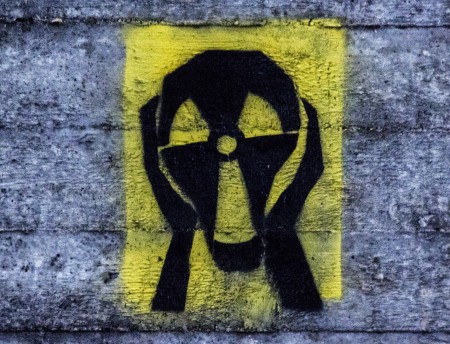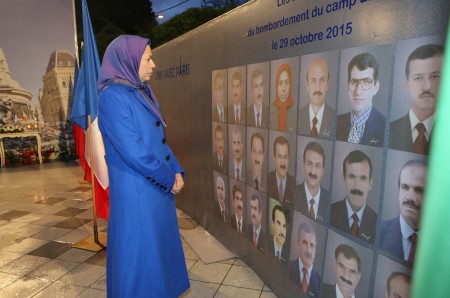
This article was originally published by RSIS on 12 April 2016.
Synopsis
The recent Nuclear Security Summit 2016 in Washington DC highlighted the pervasive threat of nuclear terrorism, for which governments see the need to commit more resources and prioritise the issue as a primary national security agenda.
Commentary
Since the biennial Nuclear Security Summit (NSS) ended its 2016 instalment in the United States, stakeholders and policy analysts are left searching for an equivalent high-level platform with the same mission. The critical role to enhance nuclear security has expanded with the threat of nuclear terrorism growing. Investigative works on the recent attacks in Paris and Brussels highlighted that terrorist organisations could be after radiological materials that will enable them to construct a crude nuclear bomb.
During the nongovernmental experts meeting of the NSS, Argentine ambassador Rafael Mariano Grossi mentioned that, unlike nuclear safety which has established quantitative guidelines, nuclear security requires variable policing efforts that are difficult to agree upon at the international level. Instruments such as the Convention on Physical Protection of Nuclear Materials (CPPNM) and the International Convention for the Suppression of Acts of Nuclear Terrorism (ICSANT) have not been universally adopted, and could therefore pose a challenge in dealing with terrorism that is global in nature. As such, initiatives to deal with the threats of nuclear terrorism have been mostly adopted at the national level.

